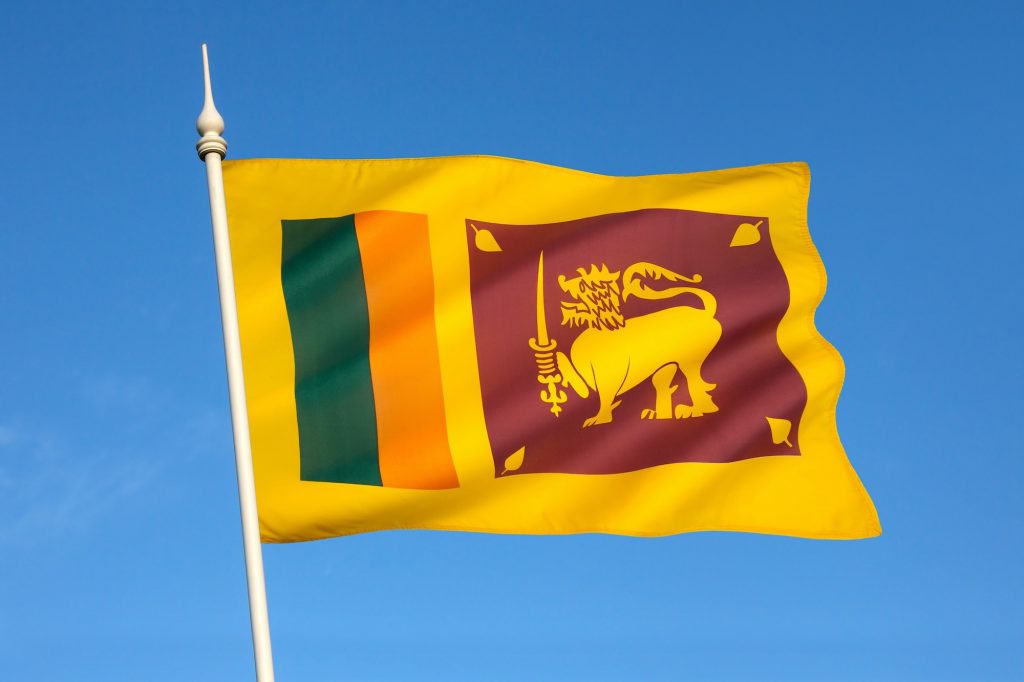Sri Lanka’s Online Safety Act threatens political humour and expression
Sri Lanka’s Online Safety Act raises fears of stifled political humor and restricted freedom of expression on social media.

According to The New York Times, Sri Lanka’s new Online Safety Act is causing alarm among activists and rights groups, who fear the legislation could be a weapon against freedom of expression. The law grants the government broad powers to label social media posts as ‘prohibited statements,’ with penalties ranging from fines to imprisonment for violations. In October 2023, OHCHR urged the country for revision of this act. However, new concerns regarding the freedom of expression have emerged as the law’s potential impact on satire and political humour takes centre stage.
Public security minister Tiran Alles claims the law aims to combat online fraud and false information, but critics argue it could be misused for political purposes, especially against those insulting parliamentarians on social media. Additionally, Amnesty International’s Thyagi Ruwanpathirana calls the act a threat to freedom of expression, emphasising its potential for misuse.
Analyst Nalaka Gunawardena notes the government’s refusal to consider exemptions for satire and parody, raising concerns about censorship. The administrator of the anonymous meme page NewsCurry suggests renaming the law the ‘Safety for Politicians Act’, highlighting its potential impact on exposing anti-democratic behaviour and lies by politicians. Hamza Haniffa, involved in popular meme pages, reports a decline in humorous content due to fears of reprisal, indicating the chilling effect of the legislation on online expression in Sri Lanka.
The restriction on online satire and political humour, which holds significant cultural importance for Sri Lankans, has stirred concerns among the public. Striking a balance between ensuring online safety and upholding the tradition of humour poses a challenge, with concerns over the implications of the legislation.

